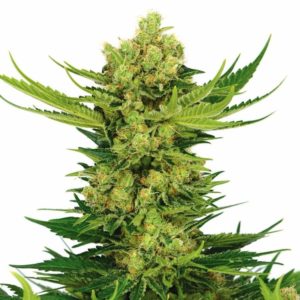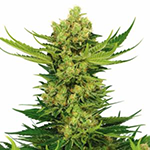Mike Farnworth, Minister of Public Safety and Solicitor General: Priorities include protecting youth, promoting health and safety, keeping the criminal element out of cannabis and keeping roads safe.
Recreational cannabis users won’t be able to buy it in liquor stores when it’s legalized this summer. Pot will be sold in a network of standalone stores overseen by the province’s liquor regulator, according to new cannabis rules announced today by the B.C. government.
 The province is also creating a new 90-day administrative driving prohibition for drug-affected driving, similar to the system that exists for drunk driving. Police officers will be trained in how to detect drivers who are high. New drivers will not be allowed to have any THC in their system.
The province is also creating a new 90-day administrative driving prohibition for drug-affected driving, similar to the system that exists for drunk driving. Police officers will be trained in how to detect drivers who are high. New drivers will not be allowed to have any THC in their system.
Cannabis shops, either privately run or government-operated, will not be allowed to sell alcohol, tobacco, clothes, gas or lottery tickets.
However, exceptions will be made for pot shops in rural areas. B.C.’s Liquor Distribution Branch, which will distribute cannabis, will operate standalone network of public retail stores and the Liquor Control and Licensing Branch will be responsible for licensing private stores and monitoring the retail sector.
In the spring, the province will launch an early registration process for entrepreneurs and businesses who want to apply for a cannabis retail licence. B.C. will not cap the number of retail licences available but will issue permits while working with local governments, which have the authority to set rules on where retail stores can operate.
The City of Victoria has already created a regulatory regime with limits on where pot shops can be zoned based on proximity to schools and other pot shops.
Anyone 19 or older can purchase cannabis and possess up to 30 grams in a public place.
Like cigarettes, pot can be smoked in public places, except any areas frequented by children such as community beaches, parks and playgrounds. Use of cannabis in any form will also be banned for all occupants in vehicles.
Landlords and strata councils will be able to restrict tenants from smoking or growing non-medical cannabis in their units.
Adults will be able to grow up to four cannabis plants per household, unless the home is used as a daycare.
“As a result of months of engagement, additional research and analysis, we continue to build the province’s regulatory framework and have set policy direction on other key aspects of how non-medical cannabis will be regulated in B.C.,” said Mike Farnworth, Minister of Public Safety and Solicitor General. “These decisions include safeguards for the retail sales of non-medical cannabis and are driven by our priorities of protecting youth, promoting health and safety, keeping the criminal element out of cannabis and keeping our roads safe.”
B.C. and other provinces have been tasked with crafting the rules for pot distribution before the federal government legalizes recreational marijuana in July 2018.
“National legalization of non-medical cannabis represents an historic shift in public policy. This provincial regulatory framework provides a sound foundation to support the provincial goals that prioritize public health and safety,” Farnworth said. “That said, July 2018 is only the beginning of our journey, and these changes will not happen overnight. We fully anticipate all levels of government will need to continue to assess and refine cannabis policy and regulation in the months and years to come.”
Katie DeRosa /Times Colonist

